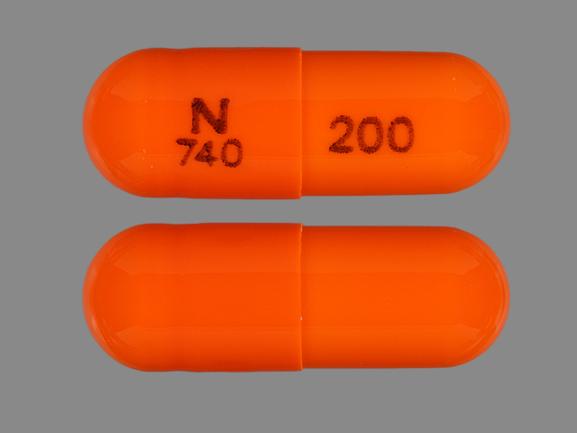Mexiletine Disease Interactions
There are 5 disease interactions with mexiletine.
Antiarrhythmics (applies to mexiletine) cardiovascular dysfunction
Major Potential Hazard, Low plausibility. Applicable conditions: Hypotension, Congestive Heart Failure
Antiarrhythmic agents can induce severe hypotension (particularly with IV administration) or induce or worsen congestive heart failure (CHF). Patients with primary cardiomyopathy or inadequately compensated CHF are at increased risk. Antiarrhythmic agents should be administered cautiously and dosage and/or frequency of administration modified in patients with hypotension or adequately compensated CHF. Alternative therapy should be considered unless these conditions are secondary to cardiac arrhythmia.
Mexiletine (applies to mexiletine) sinus (applies to mexiletine) AV node dysfunction
Major Potential Hazard, High plausibility. Applicable conditions: Heart Block
The use of mexiletine is contraindicated in patients with cardiogenic shock, second- or third-degree AV block in the absence of a functional artificial pacemaker.
Mexiletine (applies to mexiletine) liver disease
Moderate Potential Hazard, High plausibility.
Mexiletine is extensively metabolized by the liver to minimally active and inactive forms. The serum concentration of mexiletine is increased and the half-life prolonged in patients with liver impairment. Elevation of liver enzymes have been reported during the first few weeks of therapy, primarily in patients with congestive heart failure (CHF) or ischemia. Hepatic necrosis, resulting in death, has occurred. Therapy with mexiletine should be administered cautiously in patients with compromised liver function, CHF or ischemia. Clinical monitoring of cardiac function (ECG) and liver function is recommended.
Mexiletine (applies to mexiletine) renal dysfunction
Moderate Potential Hazard, Moderate plausibility.
Mexiletine is primarily eliminated by the kidney. Approximately 10% of mexiletine is excreted in the urine unchanged. Marked changes in urinary pH alter the rate of mexiletine excretion. Elimination is accelerated with an acidic urinary pH and slowed with an alkaline urinary pH. Therapy with mexiletine should be administered cautiously in patients with significant renal impairment. Clinical monitoring of cardiac function (ECG) and renal function is recommended.
Mexiletine (applies to mexiletine) seizures
Moderate Potential Hazard, Low plausibility.
Seizures have been reported rarely during mexiletine therapy in patients with and without a history of seizures. Therapy with mexiletine should be administered cautiously in patients with or predisposition to seizure disorders.
Switch to professional interaction data
Mexiletine drug interactions
There are 154 drug interactions with mexiletine.
More about mexiletine
- mexiletine consumer information
- Check interactions
- Compare alternatives
- Pricing & coupons
- Reviews (12)
- Drug images
- Side effects
- Dosage information
- During pregnancy
- Drug class: group I antiarrhythmics
- Breastfeeding
- En español
Related treatment guides
Drug Interaction Classification
| Highly clinically significant. Avoid combinations; the risk of the interaction outweighs the benefit. | |
| Moderately clinically significant. Usually avoid combinations; use it only under special circumstances. | |
| Minimally clinically significant. Minimize risk; assess risk and consider an alternative drug, take steps to circumvent the interaction risk and/or institute a monitoring plan. | |
| No interaction information available. |
See also:
Further information
Always consult your healthcare provider to ensure the information displayed on this page applies to your personal circumstances.


